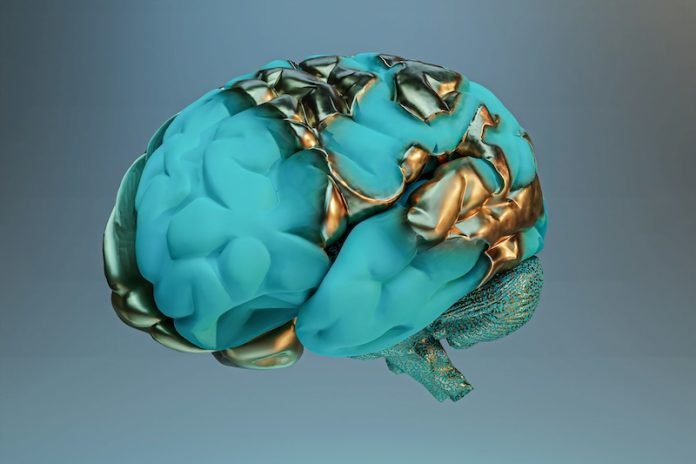
Researchers at the University of Sheffield have raised doubts about the effectiveness of non-invasive brain stimulation methods, such as transcranial direct current stimulation (tDCS), for enhancing visual working memory.
Their findings, published in Communications Psychology, challenge previous optimistic reports and underscore the need for careful scrutiny of such brain stimulation techniques.
Visual working memory plays a vital role in our cognitive system, enabling us to hold and process visual information temporarily.
This ability is crucial for everyday tasks and is affected by aging and diseases like Alzheimer’s.
Consequently, scientists have been keen on finding ways to bolster working memory, with brain stimulation emerging as a notable area of interest over the past two decades.
tDCS, a low-cost and easy-to-use technique often compared to the TENS machines used for back pain, has been highlighted in some studies for its potential to improve various psychological functions, including memory and socialization.
It has even been incorporated into guidelines for treating conditions such as depression, based on its purported benefits following multiple sessions.
However, the University of Sheffield’s recent study, led by Dr. Shuangke Jiang along with Dr. Myles Jones and Dr. Claudia von Bastian from the Department of Psychology, aimed to replicate one particularly high-profile study that claimed significant improvements in working memory from brief tDCS sessions.
The team employed enhanced methodology but found strong evidence contradicting the claimed benefits of tDCS on working memory enhancement from a single 15-minute session.
Dr. Jiang stated, “We have replicated this study with improved methodology and found unequivocal evidence that tDCS does not improve working memory.”
This conclusion not only casts doubt on the efficacy of tDCS for memory improvement but also highlights the broader issue of replicability in psychological research.
The study underscores the importance of replication to build a reliable and informative evidence base regarding the true effects of cognitive enhancement interventions.
This development is a reminder of the complexities involved in brain research and the necessity of rigorous testing and validation of cognitive enhancement techniques.
As the scientific community continues to explore the potential of brain stimulation, this study contributes to a more nuanced understanding of its limitations and the critical need for replication in psychological research.
If you care about brain health, please read studies about how the Mediterranean diet could protect your brain health, and blueberry supplements may prevent cognitive decline.
For more information about brain health, please see recent studies about antioxidants that could help reduce dementia risk, and Coconut oil could help improve cognitive function in Alzheimer’s.
The research findings can be found in Communications Psychology.
Copyright © 2024 Knowridge Science Report. All rights reserved.



